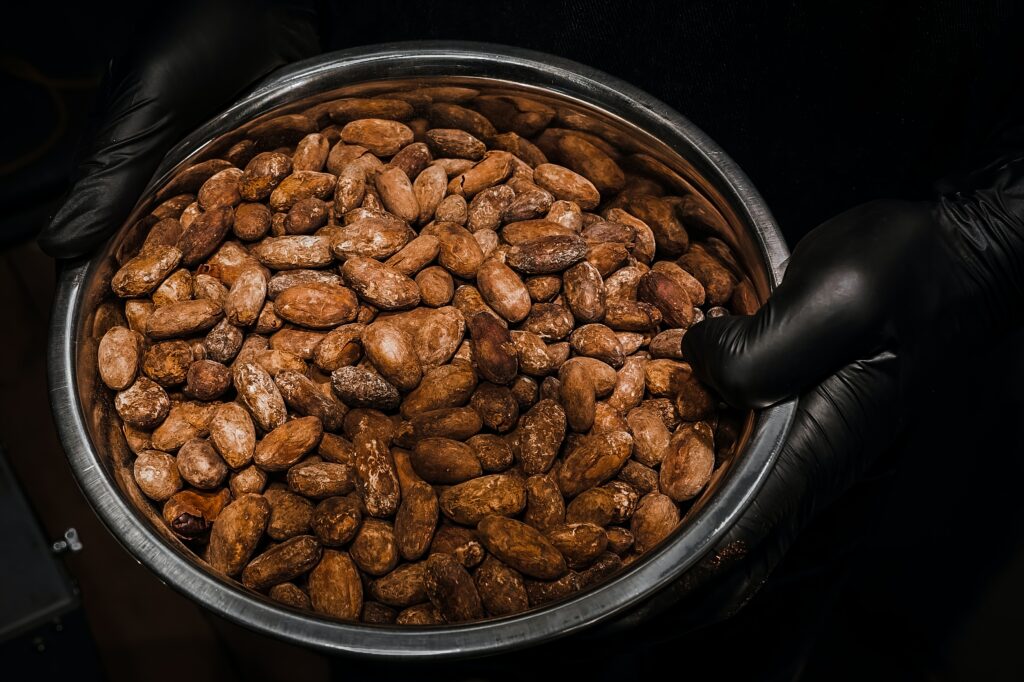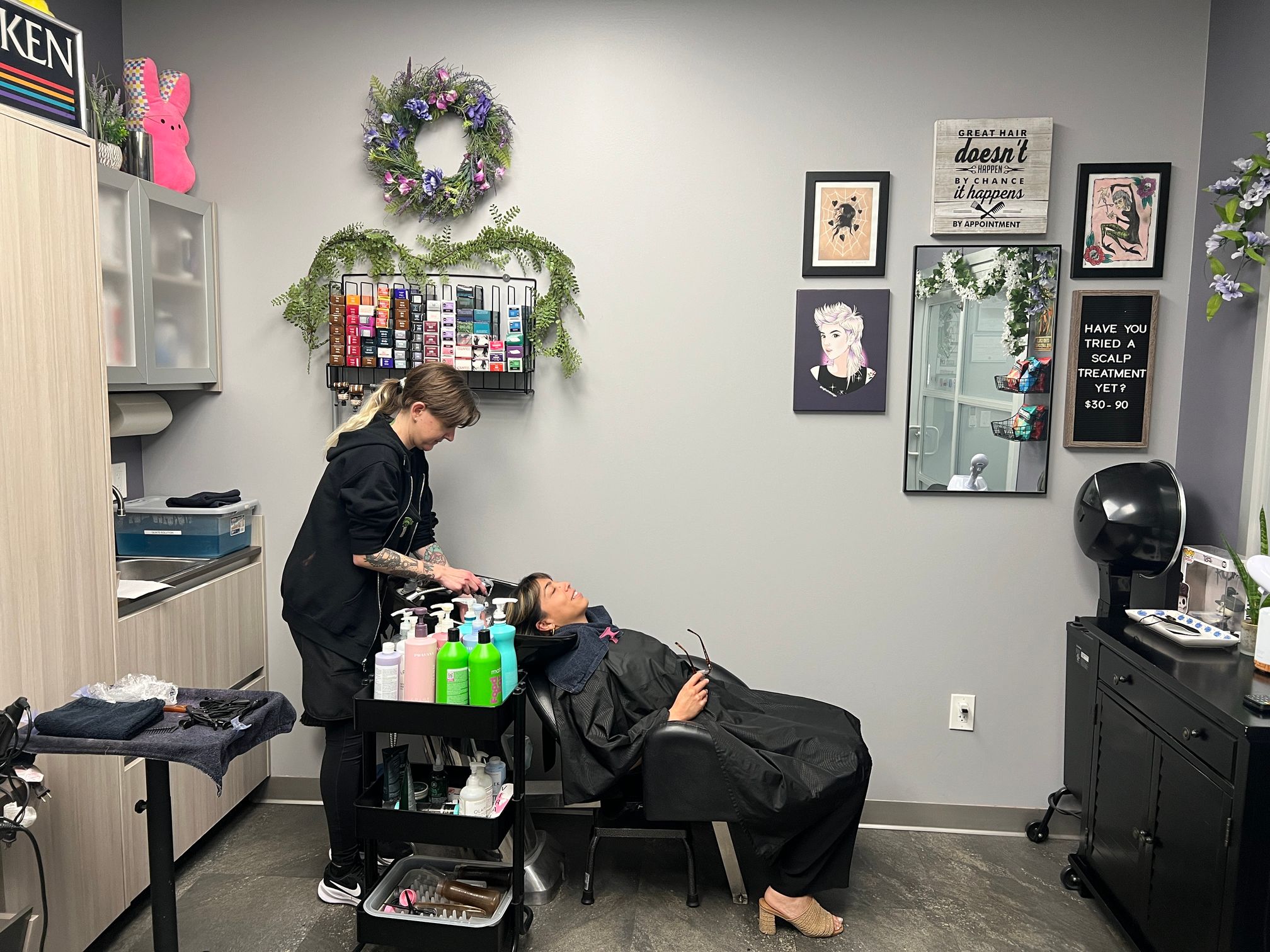(WASHINGTON) — The cocoa beans in the chocolate you eat likely come from farmers facing desperate poverty and unfair labor practices, including forced labor and child labor.
According to a recent report by the Walk Free Foundation, about 29,300 people are engaged in forced labor around cocoa in Côte d’Ivoire and Ghana, the West African countries which produce 60% of the world’s cocoa. Another report from the research organization NORC found that 1.56 million children were engaged in child labor in cocoa production, and 1.48 million were exposed to hazardous child labor. In addition, a 2020 report from the Cocoa Barometer report shows that farmers in Ghana make a median income of less than $2 per day.
Allie Brudney is a staff attorney at Corporate Accountability Lab (CAL), a legal nonprofit organization in Chicago. Brudney is an expert on the ethical issues around how supply chains, the process used to obtain components and ingredients for millions of products around the world, impact the cocoa industry. CAL has also worked with other organizations to document the use of unfair labor, including in a recent submission to the U.S. Department of Customs and Border Protection.
Brudney sat down with The Click to discuss the many challenges cocoa farmers face.
The Click: Let’s start with the basics, what is a supply chain, and why are they important now?
Brudney: During the COVID pandemic, everyone has realized how important and complex supply chains are, such as when things don’t show up in the grocery store. If you go back a few decades, companies had more integrated supply chains and controlled more of the steps in their manufacturing processes. But now, multinational companies outsource most of the production of their goods, so there might be dozens of steps between the raw material and the end product that are produced in different countries by different workers and are shipped around the world.
The Click: Tell us about the cocoa supply chain. How does it work?
Brudney: The cocoa supply chain is split into two different geographic regions: West African countries, mostly Côte d’Ivoire and Ghana, and Latin American countries. In Côte d’Ivoire and Ghana, about half of all cocoa comes from indirect supply chains rather than from co-ops, which means companies don’t know which farms it’s from. This means there is little variation in how multinational companies source their cocoa.
The Click: What types of ethical issues arise in the cocoa supply chain?
Brudney: The biggest problem — and the one is the source of all the other issues — is farmer poverty. The amount of money the companies pay for cocoa is just too little; it’s not enough for a family to survive on, which is the root cause for issues like child labor, forced labor, and deforestation.
The Click: What are the most promising efforts to address the situation?
Brudney: There is not always real monitoring, even with ethical certification standards such as the Rainforest Alliance and Fair Trade. Announced and unannounced monitoring visits are unable to catch violations like child labor, and these schemes don’t improve farmers’ lives because most still live in extreme poverty. The European Union is looking into implementing mandatory human rights due diligence for companies, and that is promising.


